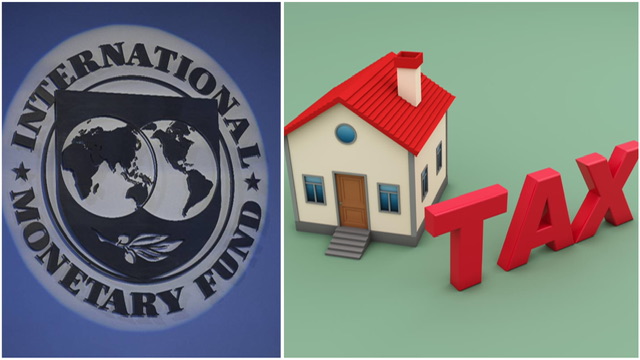By: Staff Writer
June 17, Colombo (LNW): The government is compelled to introduce to introduce imputed rental income tax instead of property tax which is delayed due administrative issues connected with its formulation, finance ministry announced.
The envisaged property tax is in an advanced stage of design and therefore, it is premature to outline specific details of rates and thresholds.
However, the focus of this tax is on high wealth individuals, and not on average income earners. This objective will be achieved by a suitable tax-free threshold to ensure that the tax is targeted on very high value property or multiple properties that are owned by wealthy members of society.
This specific targeting is evidenced by the fact that the tax is expected to yield 0.2% of GDP by 2025 and 0.4% of GDP in a full year in 2026.
The design of the tax will also ensure appropriate set off mechanisms to avoid double taxation and any elements that distort economic incentives. Property taxes are implemented in many countries (including developing countries like India) since they are considered to be a highly efficient, progressive, and non-distortive means of generating revenue to fund public services, the ministry disclosed.
However professor in the Department of Economics and Statistics at the University of Peradeniya Wasantha Athukorala, a, alleges that the government is working to introduce an imputed rental income tax, as it has failed to prepare plans for the implementation of a property tax by April 2025, as proposed by the International Monetary Fund (IMF).
Furthermore, Prof. Athukorala expressed that if a property tax is implemented in the country, all ill-gotten gains will be exposed.
It was announced that Sri Lanka will likely introduce an imputed rental income tax, as part of the ongoing revenue mobilization efforts.
The new tax comes as a substitute for the property tax, as the introduction of the property tax and the gift and inheritance tax by 2025 encountered delays, due to constitutional restrictions on sharing revenues between the central and local authorities and the lack of adequate information on property values.
Accordingly, Sri Lanka will promptly initiate preparatory work to introduce an imputed rental income tax, though the expected gains would only fully materialize in 2026.
The imputed rental income tax on owner-occupied and vacant residential properties will be introduced before the beginning of the tax year on April 1st, 2025, as per the IMF Country Report No. 24/161.
To ensure that the imputed rental income tax is fully operational by 2026, Sri Lanka will undertake the following measures;
Establish the first database on estimated current market values by end-December 2024 with immediate efforts to;
(i) Digitize the valuation records held by the government valuation department, starting with municipal councils, finalizing this effort by end-2025,
(ii) Collect information from a representative sample of 5,000 standard properties that includes key variables, including annual values, latest assessment date, and property type, of all properties in all municipal councils by August 2024.

